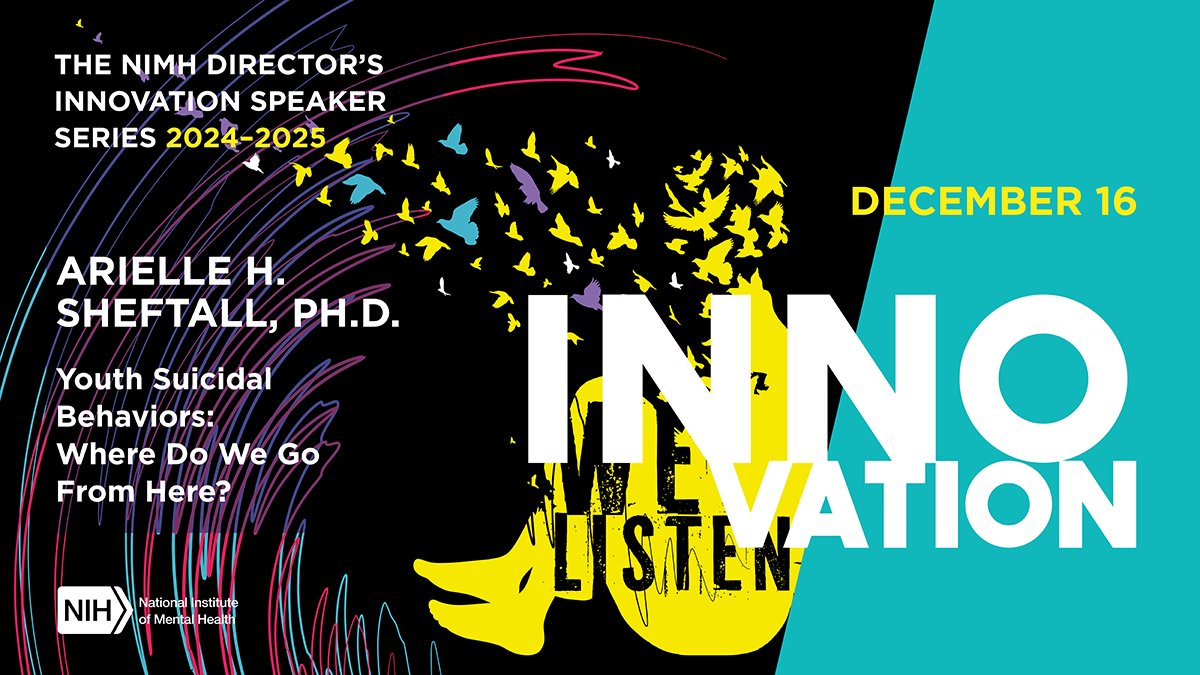• Research Highlight
People with psychotic disorders like schizophrenia frequently experience cognitive difficulties, including problems with attention, concentration, and memory. These cognitive difficulties are often early symptoms that appear before the onset of psychosis. In a study funded by the National Institute of Mental Health, researchers identified consistent links between brain connectivity and cognitive function in people with early stage psychosis and in people at high risk who later developed psychosis. This discovery could help researchers and clinicians better understand the factors that lead to psychosis, informing earlier intervention and improved treatments.
What did the researchers look at in the study?
Researchers Heather Burrell Ward, M.D. (Vanderbilt University Medical Center), Roscoe Brady, Jr., M.D., Ph.D. (Beth Israel Deaconess Medical Center), Kathryn Eve Lewandowski, Ph.D. (McLean Hospital), and colleagues examined data from two large multisite studies. The studies—the Human Connectome Project for Early Psychosis (HCP-EP) and the North American Prodrome Longitudinal Study 2 (NAPLS2)—include participants with early psychosis or at high risk for psychosis, as well as healthy participants with no known risk for psychosis.
The research team performed a comprehensive analysis of participants’ neural connections, or connectome, to identify robust associations between brain connectivity and attention. Attention was measured using an auditory task specifically developed to assess sustained attention in people with or at risk for psychotic disorders. The task gauges three aspects of attention: vigilance, memory, and ability to manage interference.
In total, the researchers analyzed data from 96 HCP-EP participants with early psychosis and 213 NAPLS2 participants at high risk for psychosis.
What did the study find?
Overall, participants with psychosis or an increased risk for psychosis performed worse on the attention task than their peers who were not at risk for psychosis.
Data from participants with early psychosis revealed associations between their brain connectivity and attention, in line with the researchers’ hypothesis. Specifically, lower connectivity between an area in the medial prefrontal cortex and a region in the somatomotor cortex was associated with worse performance on the attention task. The researchers found a similar connectivity-cognition association among participants who were at increased risk for—and eventually developed—psychosis.
Data from the two studies showed no connectivity-cognition associations for high-risk participants who did not develop psychosis or for participants who were not at risk for psychosis.
What do the results mean?
These consistent links between brain connectivity and cognition point to specific brain circuits that may contribute to cognitive difficulties in people with psychotic disorders, even before psychosis develops. However, these links do not provide evidence of a causal relationship. The researchers suggest that experimental studies using noninvasive brain stimulation techniques could help determine whether changes in these brain circuits directly impact cognitive performance. If so, these circuits may serve as specific targets for therapeutic intervention.
Ward, Brady, Lewandowski, and colleagues note that recruiting participants is a particular challenge in this area of research, requiring considerable time, effort, and resources. Only a small proportion of people who are at risk for psychosis ultimately develop psychosis, and at-risk participants are often hard to identify. According to the researchers, these findings underscore how valuable large multi-site studies like HCP-EP and NAPLS2 are to improving our understanding of the factors that predict and contribute to psychosis.
Reference
Ward, H. B., Beermann, A., Xie, J., Yildiz, G., Manzanarez Felix, K., Addington, J., Bearden, C. E., Cadenhead, K., Cannon, T. D., Cornblatt, B., Keshavan, M., Mathalon, D., Perkins, D. O., Seidman, L., Stone, W. S., Tsuang, M. T., Walker, E. F., Woods, S., Coleman, M. J.,…Brady, R. O., Jr. (2024). Robust brain correlates of cognitive performance in psychosis and its prodrome. Biological Psychiatry, 97(2), 139–147. https://doi.org/10.1016/j.biopsych.2024.07.012
Grants
MH066134 , MH066286 , MH120588-01A1 , MH081902 , MH081857 , MH117012 , MH109977 , MH082022 , MH081944 , MH066069 , MH076989 , MH081928 , MH081988 , MH116170



Leave a Comment